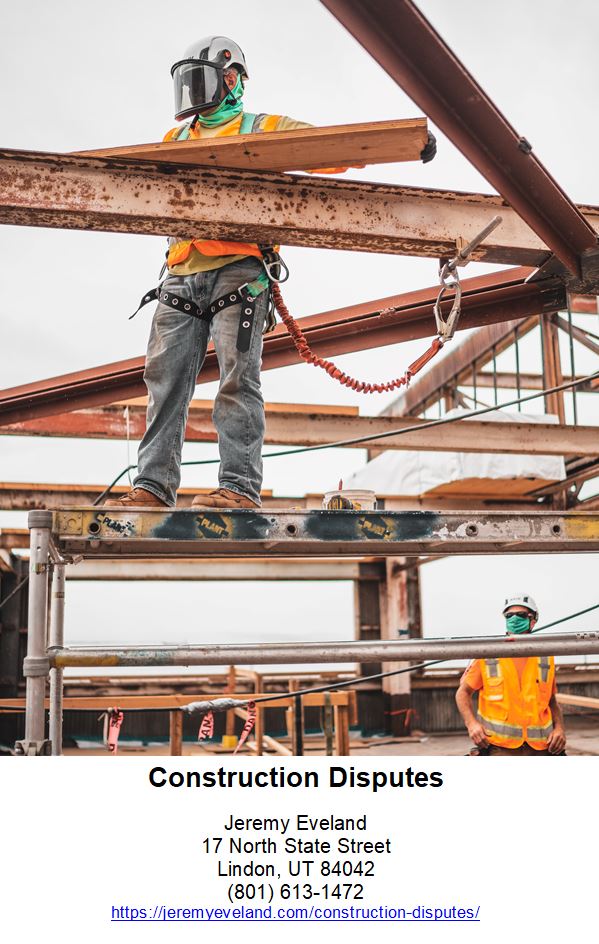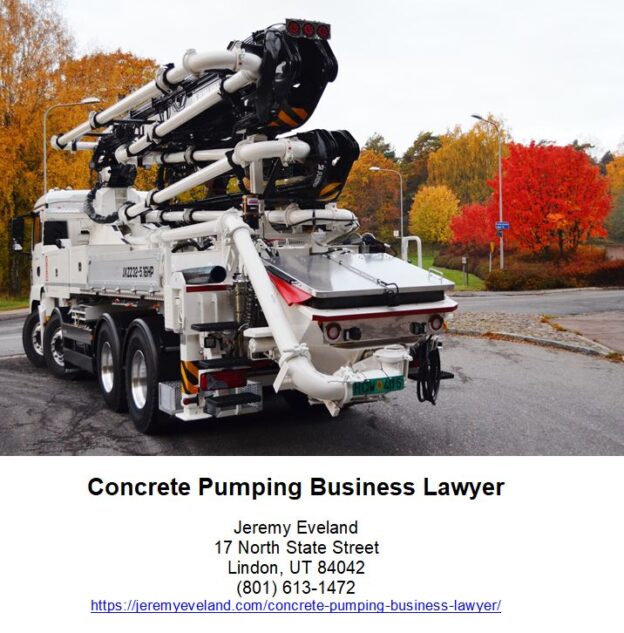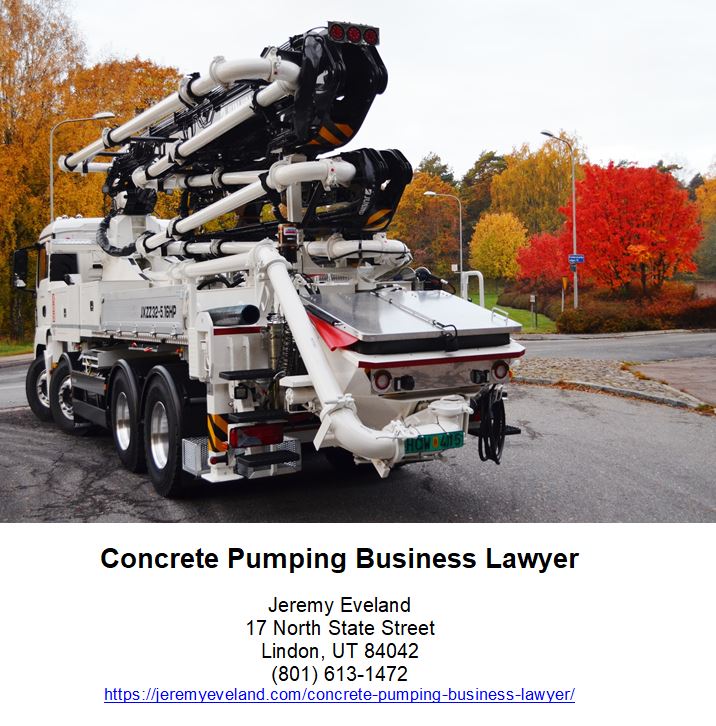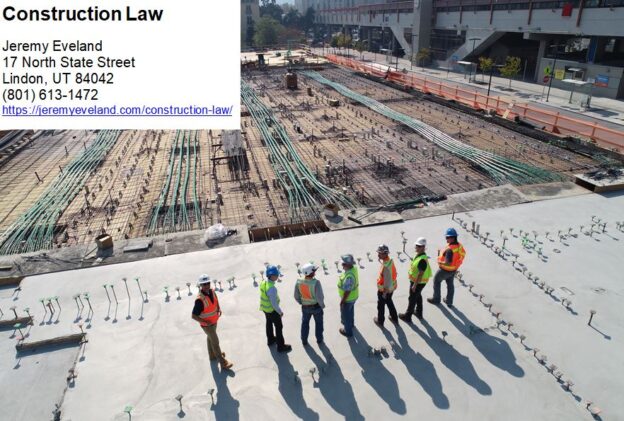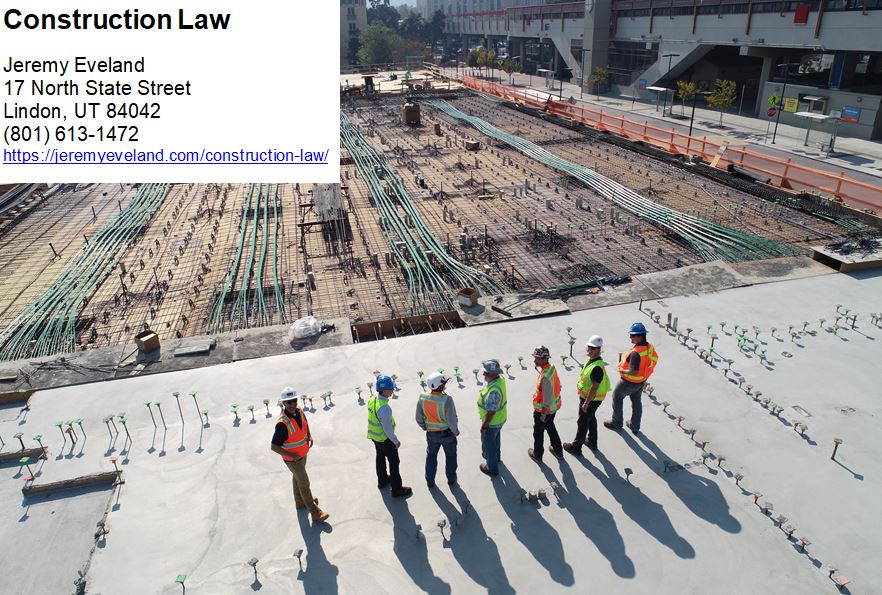Ensuring compliance with I-9 requirements is of utmost importance for businesses operating in the construction industry. Adhering to these regulations not only helps businesses maintain legal integrity, but also protects them from potential penalties and legal issues. Understanding the ins and outs of I-9 compliance is essential for construction companies, as failure to comply can result in severe consequences. In this article, we will explore the significance of I-9 compliance within the construction industry, discuss the challenges faced by employers, and provide guidance on maintaining compliance.
I-9 Compliance for Construction Industry
What is I-9 Compliance?
Definition of I-9 Compliance
I-9 compliance refers to the process of verifying the employment eligibility of individuals hired to work in the United States. It involves completing and maintaining the Form I-9, which is a federally mandated document that verifies the identity and work authorization of each employee.
Purpose of I-9 Compliance
The purpose of I-9 compliance is to ensure that employers only hire individuals who are legally authorized to work in the United States. By completing the I-9 Form, employers can establish the identity and employment eligibility of their employees, thereby complying with federal immigration laws and regulations.
Importance of I-9 Compliance for Construction Companies
I-9 compliance is particularly important for construction companies due to the nature of the industry. The construction sector often relies on a large number of workers, including subcontractors and temporary employees. Ensuring compliance with I-9 requirements helps construction companies avoid legal and financial penalties, reputation damage, and potential work disruptions.
Why is I-9 Compliance Important for the Construction Industry?
Legal Requirements for Construction Companies
Construction companies, like all employers in the United States, are required by federal law to comply with I-9 requirements. The Immigration Reform and Control Act of 1986 (IRCA) mandates that employers verify the identity and eligibility of their employees, including those hired in the construction industry.
Repercussions of Non-Compliance
Non-compliance with I-9 requirements can have serious consequences for construction companies. Employers that fail to comply may face substantial fines and penalties imposed by the U.S. Immigration and Customs Enforcement (ICE). Additionally, construction companies may also be subject to audits, investigations, and even criminal charges in severe cases of non-compliance.
Minimizing the Risk of Penalties and Fines
Complying with I-9 requirements helps construction companies minimize the risk of penalties and fines. By properly completing and maintaining I-9 forms, employers can demonstrate good faith effort in complying with federal immigration laws. This can be a crucial defense in case of an ICE inspection or audit.
Maintaining a Good Reputation and Avoiding Negative Publicity
Maintaining I-9 compliance in the construction industry is not just a legal obligation; it is also essential for preserving a company’s reputation. Non-compliance can result in negative publicity, which can impact a construction company’s ability to win contracts and maintain positive relationships with clients, subcontractors, and the community at large.
Understanding the I-9 Form
Overview of the I-9 Form
The I-9 Form is a document created by the U.S. Citizenship and Immigration Services (USCIS) to establish the employment eligibility of individuals hired to work in the United States. It consists of three sections and requires both the employee and employer to provide specific information and documentation.
Purpose of the I-9 Form
The I-9 Form serves two primary purposes: to verify the identity and employment eligibility of employees and to ensure that employers are not discriminating against individuals based on their immigration status. It helps employers establish that they have examined the necessary documents and completed the verification process in accordance with federal law.
Sections of the I-9 Form
The I-9 Form consists of three sections: Section 1, Section 2, and Section 3. In Section 1, the employee provides personal information and attests to their employment eligibility. Section 2 requires the employer to examine and document the employee’s identity and work authorization documents. Section 3 is used for re-verifications and rehires.
Expiration and Retention of I-9 Forms
After completing an I-9 Form, employers must retain it for a specific period of time. For current employees, the form must be kept for as long as the individual is employed. For terminated employees, the form must be retained for at least three years from the date of hire or one year after termination, whichever is later.
Documents Required for I-9 Verification
List of Acceptable Documents
The I-9 Form requires employees to provide specific documents to establish their identity and employment eligibility. The USCIS provides a list of acceptable documents, which are categorized into List A, List B, and List C. Employees must present either one document from List A, or one document each from List B and List C.
Differentiating Between List A, List B, and List C Documents
List A documents establish both identity and employment eligibility, such as a U.S. passport or an Employment Authorization Document. List B documents establish identity, such as a driver’s license or state ID card. List C documents establish employment eligibility, such as a Social Security card or a certification of birth abroad.
Common Documents Used in the Construction Industry
Common documents used in the construction industry for I-9 verification include a driver’s license, Social Security card, Permanent Resident Card (Green Card), and Employment Authorization Document (EAD). Employers must ensure that the provided documents are authentic, unexpired, and relate to the employee presenting them.
Completing the I-9 Form
Step-by-Step Guide to Completing the I-9 Form
Completing the I-9 Form requires following a systematic process to ensure compliance. Employers should provide the form to new employees on their first day of work, allow employees to complete Section 1, and promptly review and complete Section 2 within 3 business days of the employee’s start date.
Employee Responsibilities in Completing the Form
Employees are responsible for providing accurate and truthful information in Section 1 of the I-9 Form. They must also present valid and unexpired documents that establish their identity and employment eligibility to their employer for review in Section 2.
Employer Responsibilities in Reviewing and Recording Documentation
Employers are responsible for verifying the authenticity of the documents provided by employees and ensuring they meet the requirements for identity and employment eligibility. Employers must record the document information in Section 2 of the I-9 Form, including the document title, issuing authority, document number, and expiration date.
Remote Hires and Virtual Verification Options
In cases where employees are hired remotely or cannot physically present their documents, employers can use remote hire provisions and virtual verification options. These processes allow for the completion of Section 2 using video calls, scanned copies of documents, and electronic signatures, ensuring compliance while accommodating remote work arrangements.
Best Practices for I-9 Compliance in the Construction Industry
Developing a Robust I-9 Compliance Policy
Construction companies should develop a comprehensive I-9 compliance policy that outlines the procedures, guidelines, and responsibilities for completing and maintaining I-9 forms. This policy should address issues specific to the construction industry, such as subcontractor compliance, temporary worker management, and remote hiring procedures.
Implementing Proper Training and Education
Proper training and education are essential for ensuring I-9 compliance within construction companies. Human resources personnel, hiring managers, and other relevant employees should receive thorough training on the I-9 process, document examination, and legal requirements. Regular updates and refresher courses are also advisable to stay up to date with changing regulations.
Regular Internal Audits and Self-Assessments
Conducting regular internal audits and self-assessments can help construction companies identify and correct any I-9 compliance issues. Employers should review their I-9 forms, practices, and policies to ensure accuracy, consistency, and compliance with both legal requirements and internal standards.
Maintaining Accurate and Organized Records
Maintaining accurate and organized I-9 records is crucial for construction companies to demonstrate compliance and respond to potential audits. Employers should establish a system for securely storing and retaining I-9 forms, ensuring easy access and retrieval when needed. Regularly updating and purging expired forms is also necessary to maintain up-to-date records.
Electronic I-9 Systems for Construction Companies
Benefits of Electronic I-9 Systems
Construction companies can benefit greatly from using electronic I-9 systems. These systems offer streamlined processes, automated document verification, real-time error detection, and secure storage. Electronic systems also facilitate remote hiring and virtual verification options, enhancing efficiency and compliance.
Choosing the Right Electronic I-9 System for the Construction Industry
Selecting the appropriate electronic I-9 system for a construction company is crucial to ensure compliance and seamless integration with existing HR and payroll systems. Factors to consider include ease of use, scalability, security measures, reporting capabilities, and compatibility with construction-specific requirements like project-based hiring and subcontractor verification.
Integration with Payroll and HR Systems
Integration with payroll and HR systems is essential for construction companies to streamline processes, minimize errors, and ensure accurate reporting. Electronic I-9 systems that seamlessly integrate with payroll and HR platforms can automate data entry, improve efficiency, and provide a centralized database for employer records.
Common Mistakes to Avoid
Failure to Complete I-9 Forms in a Timely Manner
One of the most common mistakes in I-9 compliance is failing to complete the forms within the required timeframe. Employers must ensure that employees complete Section 1 of the I-9 Form on their first day of work and that employers review and complete Section 2 within 3 business days of the employee’s start date.
Accepting Incomplete or Incorrect Documentation
Employers must carefully review the documents provided by employees for I-9 verification and ensure they are accurate, unexpired, and relate to the employee presenting them. Accepting incomplete or incorrect documentation can lead to compliance issues and potential penalties. Employers should provide clear guidelines to employees regarding acceptable documents.
Discrimination and Unlawful Practices
Employers must not discriminate against employees based on their immigration status or engage in any unlawful practices during the I-9 verification process. Treating employees differently or requesting specific documents based on their national origin, citizenship, or perceived immigration status is illegal and can lead to legal consequences.
Failure to Reverify Employment Authorization
Employers must be vigilant in monitoring the expiration dates of documents presented during the I-9 verification process. Failing to reverify employment authorization before the expiration of relevant documents can result in non-compliance. Regularly reviewing employee documents and establishing a notification system for reverification is essential.
Inadequate Recordkeeping
Employers must maintain accurate and organized records of I-9 forms and related documents. Inadequate recordkeeping can lead to compliance issues during audits and inspections. Implementing a proper recordkeeping system and periodically auditing I-9 records to identify and correct any deficiencies is essential.
Frequently Asked Questions (FAQs)
What are the consequences of not completing the I-9 form?
Failure to complete the I-9 form can result in severe consequences for employers, including fines, penalties, and potential criminal charges. The U.S. Immigration and Customs Enforcement (ICE) may conduct audits and investigations, and non-compliant employers may be subject to financial liability and reputation damage.
Can electronic I-9 systems be used in the construction industry?
Yes, electronic I-9 systems can be used in the construction industry. Construction companies can benefit from the streamlined processes, automated verification, and secure storage offered by electronic systems. It is important to choose an electronic I-9 system that meets the specific needs and requirements of the construction industry.
How long should employers retain I-9 forms?
Employers must retain I-9 forms for as long as the individual is employed, and for at least three years from the date of hire or one year after termination, whichever is later. Proper record retention is crucial for demonstrating compliance during audits or inspections.
What should employers do if they discover errors on previously completed I-9 forms?
If employers discover errors on previously completed I-9 forms, they should correct the errors as soon as possible. Corrections should be made in accordance with the guidance provided by the U.S. Citizenship and Immigration Services (USCIS). It is advisable to consult with legal counsel or immigration experts to ensure proper correction procedures are followed.
How often should internal I-9 audits be conducted?
Internal I-9 audits should be conducted periodically to ensure ongoing compliance. The frequency of audits may vary depending on the size of the construction company, the number of employees, and the complexity of the workforce. Regular audits help identify and rectify any compliance issues, ensuring the integrity of the I-9 process.







